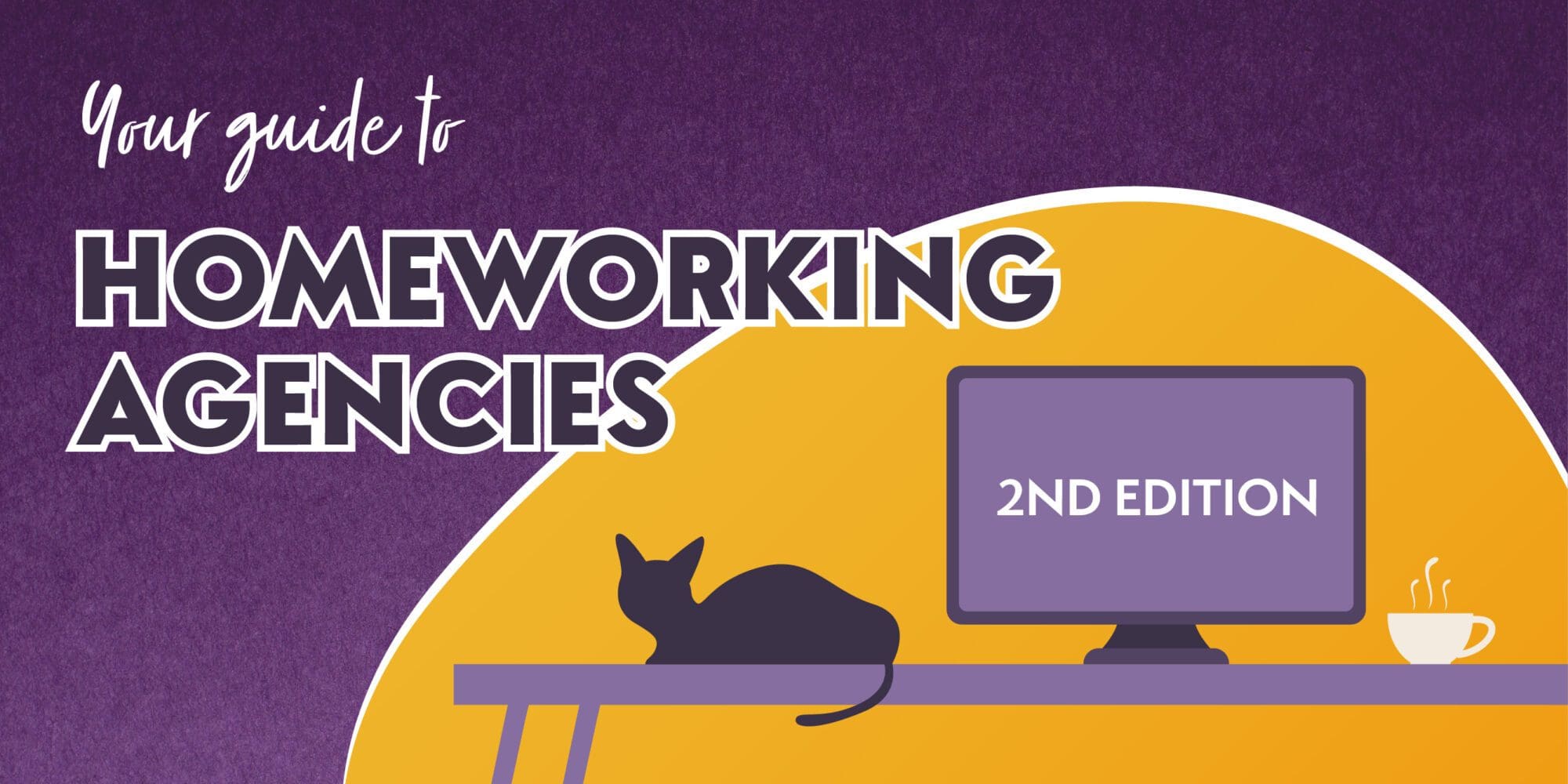Operators including TUI and Kuoni have suspended holidays to Sri Lanka after the Foreign Office changed its travel advice.
It is warning against all non-essential travel to the island, which has declared a state of emergency and imposed a nationwide curfew.
Food and fuel shortages in Sri Lanka have led to demonstrations in recent days, some of them becoming violent.
The Foreign Office (FCDO) advice, updated last Friday, warns against all but essential travel to Sri Lanka, due to ‘ongoing political and economic instability’.
Why is the FCDO advising against travel to Sri Lanka?
The FCOD said: “Several incidents took place on 9 May involving violence against peaceful protesters, including in the Galle Face area in Colombo, where the security authorities used tear gas and water cannons. Incidents also took place near Beira Lake in Colombo, Kandy, and in other parts of the country, resulting in injuries and loss of life. Further incidents could take place.
“If you are in Sri Lanka at this time, or considering travel, you should avoid all protests and follow the advice of local authorities.
What are operators doing?
TUI, Kuoni and Experience Travel Group have suspended holidays to Sri Lanka until 31 May.
TUI said: “We will be proactively contacting all impacted customers in departure date order to discuss their options.
“We will continue to monitor the situation and update customers should there be any further updates.”
Kuoni said: “We are contacting all customers who had bookings due to depart before 31 May with the offer to change their booking to an alternative destination or cancel the trip with a full refund.
“We’re monitoring closely and will extend the policy if the FCDO advice remains unchanged.”
A spokesperson said most customers are choosing to switch to alternative destinations such as the Maldives, the Caribbean or Africa, rather than cancel their holidays.
Experience Travel Group suspended all departures to Sri Lanka up to the end of May before the Foreign Office issued its warning.
MD Sam Clark said the operator will make a decision on June departures in the next couple of weeks.
Travelbag hasn’t cancelled bookings for Sri Lanka, but it said it’s advising against any new bookings until the winter in the light of the FCDO advice. Customers who want to cancel will be given refunds.
What about holidaymakers already in Sri Lanka?
Operators have opted not to cancel existing holidays and they say customers are safe. Hotels and operators say they are able to get food and fuel, despite the high prices.
TUI said customers in Sri Lanka ‘can continue to enjoy their holidays as planned’.
Sam of Experience Travel Group said: “We have clients travelling right now and they have decided to complete their holiday since there is no problem for them where they are, they are absolutely fine on the south coast.”
The Foreign Office added: “The Sri Lanka Tourism Development Authority has confirmed that international travellers can use their passports and airline tickets as curfew passes to travel to and from the airport.”
What about transit customers?
The Foreign Office advice against all non-essential travel specifically excludes transit at Sri Lanka International airport, as long as customers remain airside.
TUI said its customers transiting through the airport in Colombo can continue with their trips.
Kuoni said its holidays that transit in Sri Lanka are also going ahead as planned. This includes flights to the Maldives and elsewhere in the Indian Ocean.
When are holidays to Sri Lanka likely to resume?
The Foreign Office said the situation in Sri Lanka is deteriorating. It said there are shortages of basic necessities including medicines, cooking gas, fuel and food.
The problem has been caused because of a shortage of hard currency to pay for imports.
The FCDO warned: “There may be long queues at shops and supermarkets, fuel stations, and pharmacies. There are ongoing daily power cuts due to electricity rationing.”
However, Sam of Experience Travel Group said he was optimistic the situation in Sri Lanka will quickly improve following the appointment of a new Prime Minister last week and, hopefully, a support package from the International Monetary Fund.
He added: “We see no reason why the FCDO cannot quickly change their advice once a measure of political stability has returned during the second half of May.
“The FCDO advice is only relevant to immediate departures, and we are cautiously optimistic for summer.”
Sam pointed out that one of the causes of the economic crisis in Sri Lanka was a lack of tourism during the pandemic.
“It is vital for the people of Sri Lanka that we support them in the recovery of their tourism sector, providing the safety of travellers is secure,” he added.














